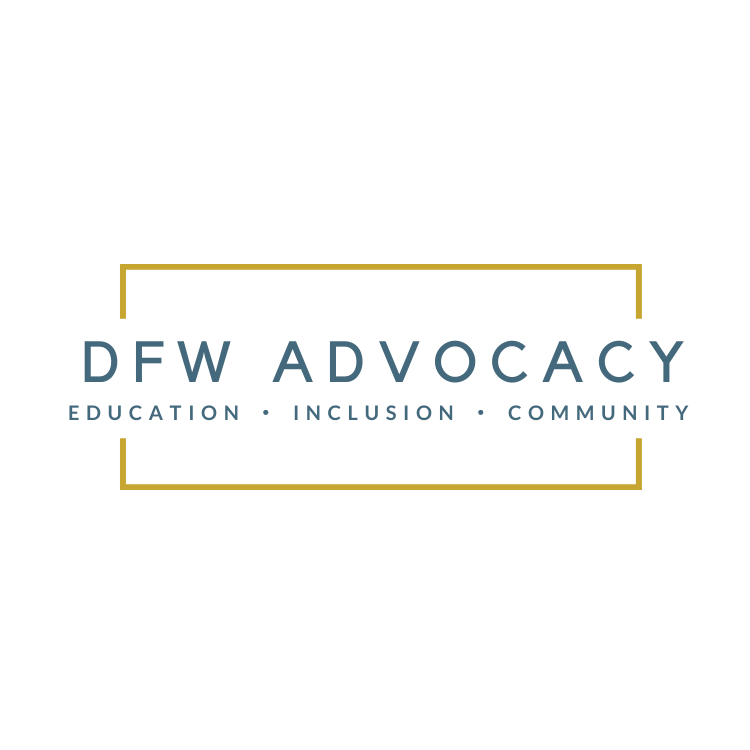I Think My Child Needs More Support
Overview of IDEA
Asking for evaluation
IEP Meeting/ ARD
Accomodations
Least Restrictive Environment
Schedule of Services
Prior Written Notice
Least Dangerous Assumption
PWN
You are unauthorized to view this page.
To change your membership level please click the courses tab on our website.

